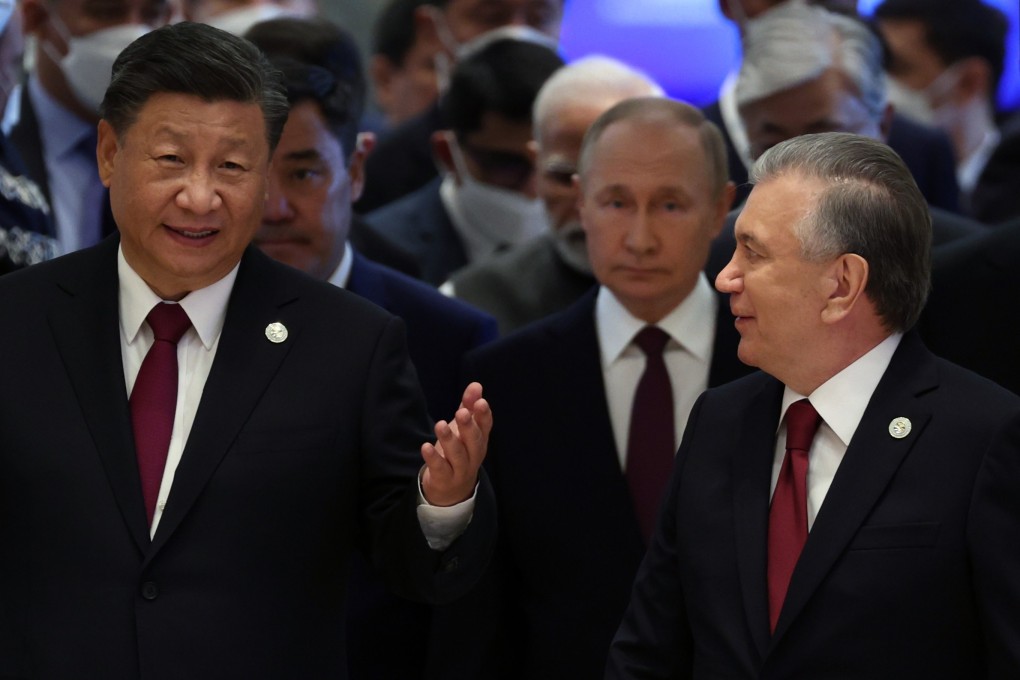Opinion | How do Central Asian countries see China’s Belt and Road Initiative?
As Central Asian nations diversify away from Russia, it’s not a given that China or the EU will become dominant powers in the region

To implement the US$8 billion project, Beijing, Bishkek and Tashkent have agreed to create a joint company, with China owning 51 per cent and a 24.5 per cent share each going to Kyrgyzstan and Uzbekistan.
Japarov reportedly said the railway will transform the landlocked former Soviet republic from a “dead-end country” into a transit state. He has stressed the potential benefits of the railway, such as access to the ocean via a shorter route and increased trade with Europe and the Middle East.
Neighbouring Uzbekistan also wants to become a key logistics hub between Asia and Europe. The China-Kyrgyzstan-Uzbekistan railway will pave the way for that goal. Uzbek transport minister Ilkhom Makhkamov has noted that, because Central Asian nations do not have direct access to sea transport, they are cut off from the most economically lucrative transport routes. Countries in the region are thus focused on the development of transport infrastructure.
